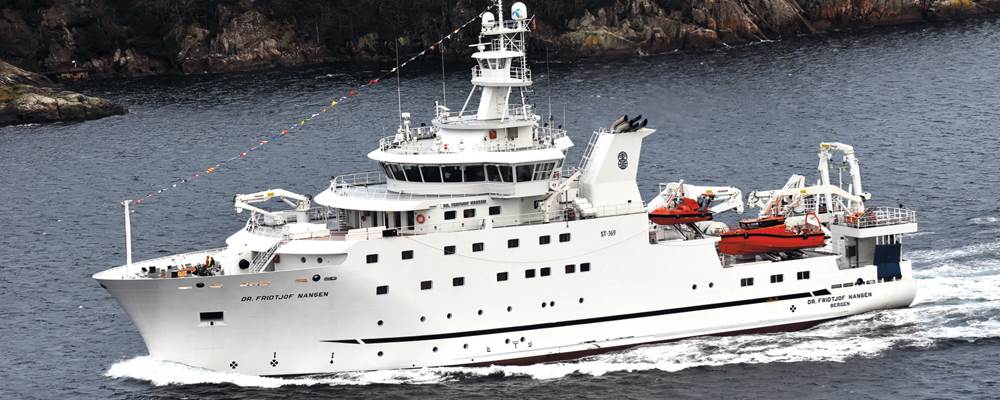By 2020, prohibit certain forms of fisheries subsidies which contribute to overcapacity and overfishing, and eliminate subsidies that contribute to IUU fishing, and refrain from introducing new such subsidies, recognizing that appropriate and effective special and differential treatment for developing and least developed countries should be an integral part of the WTO fisheries subsidies negotiation.
Norway plays an active part in these negotiations and is committed to achieving results at the 11th WTO Ministerial Conference in Buenos Aires in December 2017.
According to the Food and Agriculture Organization of the United Nations (FAO) 80 % of the world’s fish stocks are currently either fully exploited or overexploited. It is in the common interest of developed, developing and least developed countries to ensure sustainable exploitation of the world’s fish stocks. Fish is one of the most traded food-commodities in the world. Illicit fishing not only causes economic damage, but also represents a threat to local biodiversity and food security in many coastal states. Today more than 50 % of the world's population live on or near the coast. With an expected population growth of 2 billion over the next 30 years, the importance of the oceans as a source of food, energy and transport will only continue to grow.
Oceans can be a reliable source of food, economic growth and employment. Two thirds of the value of Norway's exports comes from ocean-related activities. Norway's management of living marine resources is based on scientific knowledge, and shared stocks are managed in accordance with bilateral and regional agreements. Experience has shown that respect for the Law of the Sea benefits small and large countries alike. Building on this experience, it is Norway's ambition to be a driving force for international cooperation on sustainable use of the oceans. The government has earlier this year presented a white paper on the place of the oceans in foreign and development policy.
For over 40 years, the Norwegian Nansen programme has supported more than 60 countries in their efforts to promote sound fisheries management, most of them in Africa. The programme period is extended to at least 2022 and the budget is increased. The new research vessel Dr. Fridtjof Nansen will help survey and monitor fish stocks in the oceans around Africa and South-East Asia as part of Norway’s effort to assist developing countries’ management of marine resources.
Additionally, Norway recently allocated NOK ten million from its development assistance budget to fight IUU-fishing by assisting developing countries to implement the International Agreement on Port State Measures to Prevent, Deter and Eliminate Illegal, Unreported and Unregulated Fishing. The agreement entered into force in 2016. More than 50 countries were represented at the first meeting of the parties to the agreement held in Oslo from 29 to 31 May 2017.
For further information on SDG 14, see the UN’s dedicated website on the SDGs: https://sustainabledevelopment.un.org/sdg14
See the official website of the Norwegian Government for more information on Norwegian development assistance and on the above mentioned meeting held in Oslo: https://www.regjeringen.no/en/aktuelt/verden-gar-sammen-mot-ulovlig-fiske/id2554739/
See also the official website of the Norwegian Government for information on the above mentioned white paper:
https://www.regjeringen.no/en/aktuelt/first_paper/id2545067/
The statement made by Minister of Foreign Affairs Børge Brende on the white paper can be found on the following link:
https://www.regjeringen.no/en/aktuelt/launch_ocean_paper/id2545259/
